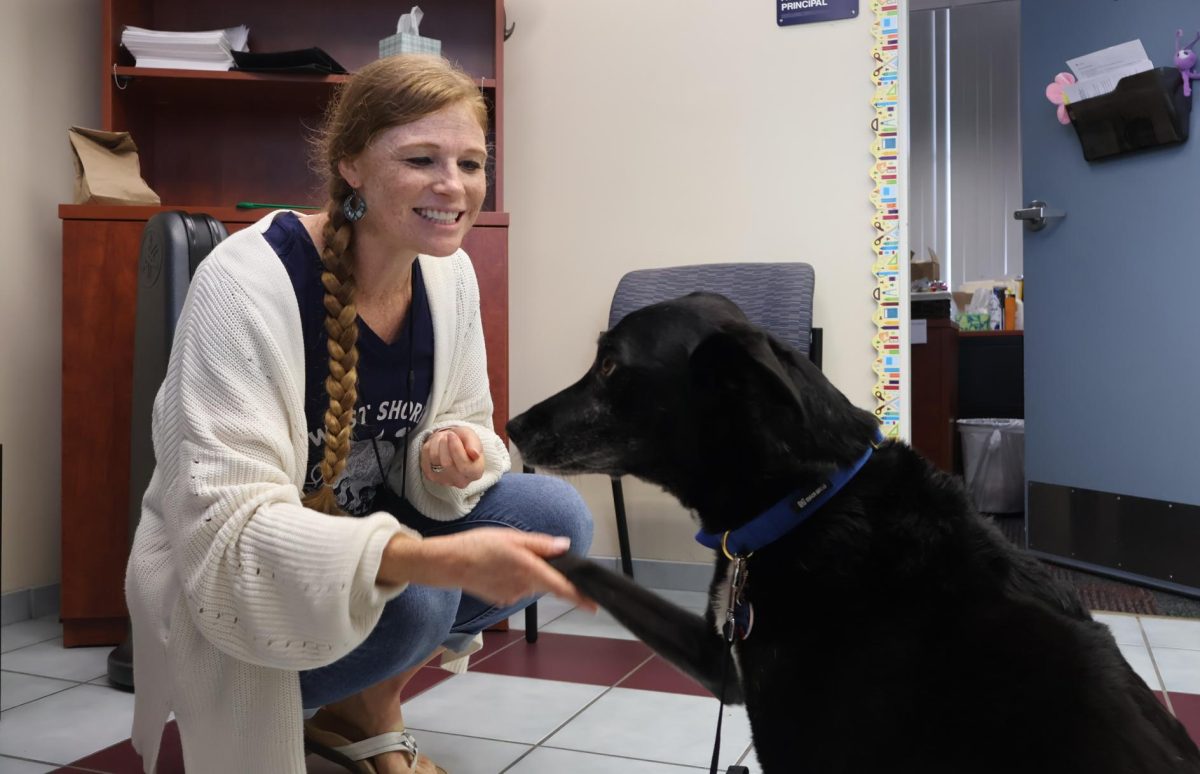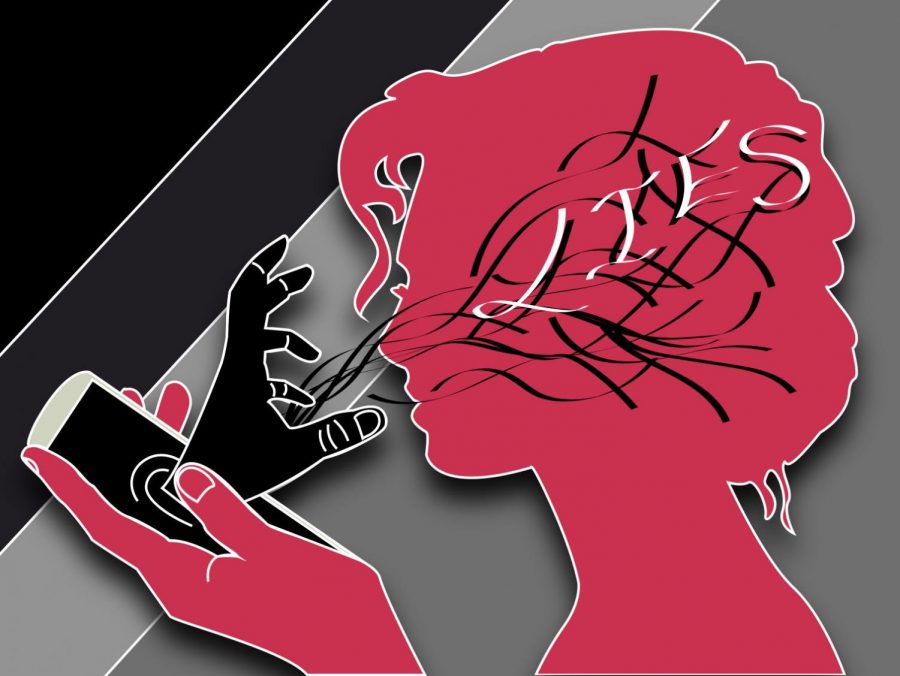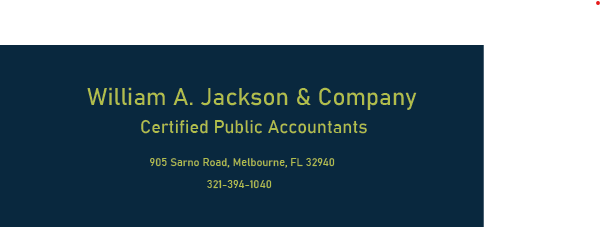Social media takes toll on physical, mental and civic well-being
November 12, 2020
Sophomore Adrian Delia scrolls through his social media feed, chatting with his friends and staying up-to-date on news. But unknown to Delia and his friends, social media accounts have a mind of their own.
A recent Netflix documentary, “The Social Dilemma,” delves into the horrifying addiction social media platforms cause. The documentary elaborates on the social, mental and physical impacts these platforms have; but above all, one strikingly eerie topic leaves viewers questioning their social-media usage: the political misinformation these accounts mediate.
“I’ve lost friends due to other people’s political views because of what type of information they tell me,” Delia said. “I’ve seen different political parties using their political bias on social media to get young kids to believe what they’re saying.”
While social media appeals to audiences as a base to connect with like-minded people and share ideas and opinions, is it possible that these platforms are out-of-control?
“I think people will get too far down a rabbit hole and believe whatever they are told without looking at if the info is true,” Delia said. “I’ve seen a rise of political topics on social media, and I think it’s because we are close to the election.”
With 2020 ushering in an unexpected pandemic, national racial reckoning, economic downfall and a controversial presidential election, social media takes center stage.
“The speed with which information spreads on social media is notably different from the way the media operated in the 20th century,” said Beth Rosenson, associate professor of political science at University of Florida. “False information can spread incredibly quickly and often people do not read the corrections, if any are made. Sadly, most people don’t necessarily want to be challenged or informed. They want to have their preconceptions confirmed and validated.”
According to Rosenson, political misinformation can originate in other countries. One example of foreign political interference via social media occured in 2016, when a Macedonian teen, who requested to be named “Dimitri” in an NBC article, posted false news.
“[Dimitri] didn’t care who was benefiting,” Rosenson said. “He got more hits on his stories when the stories were anti-Clinton as opposed to anti-Trump. One of the stories he ran had the headline ‘Breaking: Obama Confirms Refusal to Leave White House, He Will Stay in Power.’ Fake news stories, such as one saying the pope endorsed Donald Trump, came not just from Russia but from individuals in other countries. There is a lot of money to be made from the advertising and traffic associated with fake news.”
According to Heidi Hatfield Edwards, professor and chair of the communications program at Florida Institute of Technology, political misinformation can yield polarizing controversy.
“Even though there are scientific guidelines and data out there, the politicization of issues creates problems when we make decisions,” Edwards said. “If we don’t have the right information, we may go down the wrong path.”
According to Edwards, social-media platforms maintain ever-changing algorithms, intended to produce content appealing to individual users. And with twenty-four-seven direct access to any topic or issue of interest, users remain captivated by the glowing screen of their feed.
“[Social media] has certain characteristics that makes us want to keep going back,” Edwards said. “We post something so we want to see what people have liked. It gives us a little bit of a high, when we see people are responding to us. It’s interactive, so in that way people are able to engage with the media, rather than passively being fed information. People don’t always know who they are getting information from. Something can go viral without anyone actually even reading what is in the actual post.”
Independent fact checking organizations, such as Politifact and Snopes can be used to expose incorrect allegations. But these outlets do not help to purify the misinformation spreading through social media.
“There is an infinite amount of information out there at your fingertips,” Rosenson said. “The kind of gatekeeping in the old days before the internet, where news outlets were staffed by people with experience in journalism, is over. Today, a lot of the people who share news have a very partisan agenda and may have no commitment whatsoever to providing accurate information.”
Identifying misinformation can require in-depth research.
“Individual citizens also need to take responsibility for themselves and do the background research,” Rosenson said. “Consume news from multiple sources. And if a story seems outrageous, do the research.”


![Sophomore Isabelle Gaudry walks through the metal detector, monitored by School Resource Officer Valerie Butler, on Aug. 13. “I think [the students have] been adjusting really well," Butler said. "We've had no issues, no snafus. Everything's been running smoothly, and we've been getting kids to class on time.”](https://westshoreroar.com/wp-content/uploads/2025/08/IMG_9979-1200x800.jpg)














































